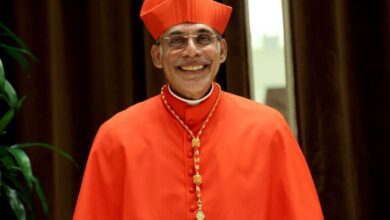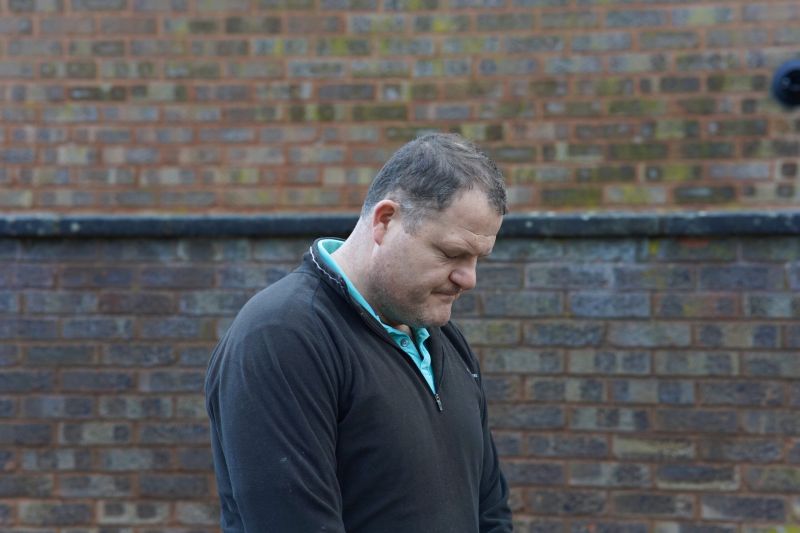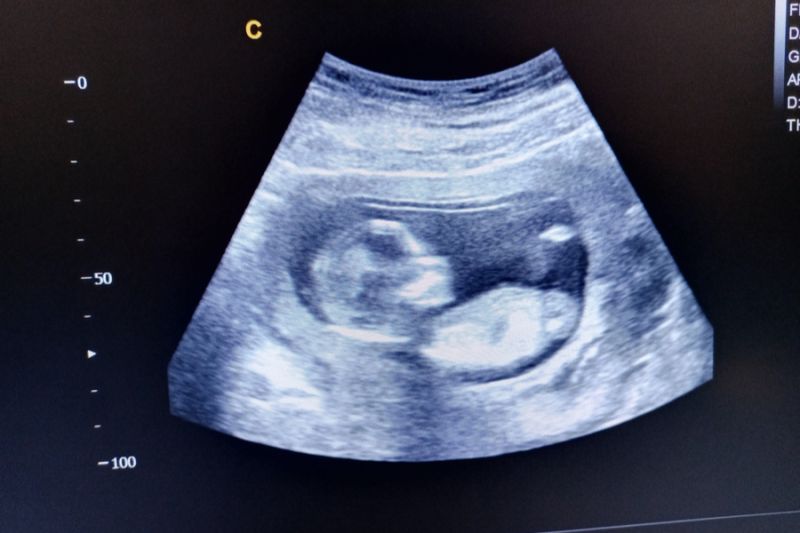Apostolate champions care of creation and souls in support of Catholics in rural areas

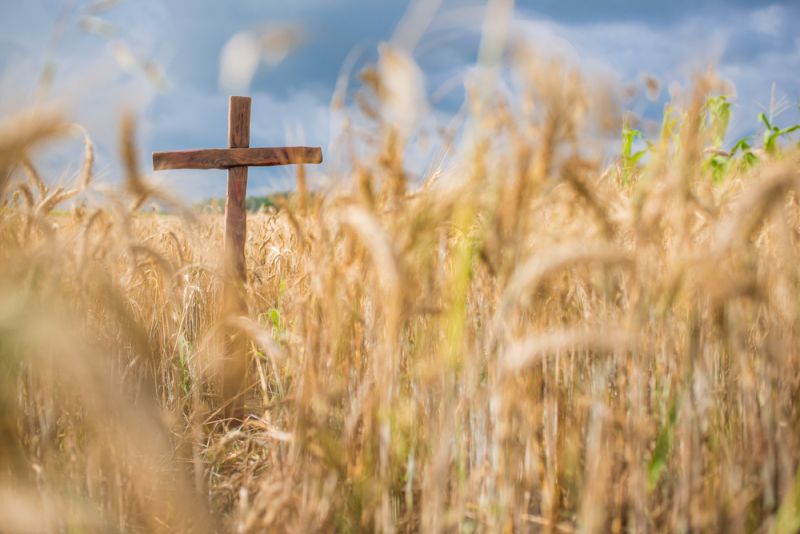 null / Credit: terazitu/Shutterstock
null / Credit: terazitu/Shutterstock St. Paul, Minn., May 11, 2024 / 08:00 am (CNA).
Jerry Laughlin, 46, who took over a fifth-generation farm near Imogene, Iowa, in 1999 and hopes to move more into farming crops for food rather than industrial use, is grateful for his Catholic faith amid the challenges of farm life.
Seeing farming as a sacred profession is exactly what an “epic apostolate” founded 100 years ago aims to foster. Laughlin is considering, with his pastor, Father Lazarus Kirigia, starting a chapter of Catholic Rural Life at his parish.
Built on Archbishop Edwin O’Hara’s vision and philosophy of Catholic rural life, it continues his legacy of helping the rural Church promote U.S. farming and how it can foster virtuous living, while it also grapples with problems the archbishop identified a century ago, New York Cardinal Timothy Dolan said at a May 8 anniversary event titled “Rejoicing in the Harvest: Celebrating 100 Years of Catholic Rural Life” at the University of St. Thomas in St. Paul, Minnesota.
As founder of what is now Catholic Rural Life (CRL), a national Catholic nonprofit of more than 600 members dedicated to the vitality of American rural life, “Archbishop O’Hara seemed only trying to remind people that there’s something sacramental about country life and that thus it deserves to be treated with dignity and care,” said Dolan, author of a 1992 biography of O’Hara, “Some Seed Fell on Good Ground.”
During his keynote to many CRL members among the roughly 310 bishops, priests, deacons, religious, and laypeople in attendance, Dolan noted that the organization continues to face challenges that concerned its founder, including flight of youth from the country, agriculture as a business rather than a way of life, and a lack of Church resources in rural areas.
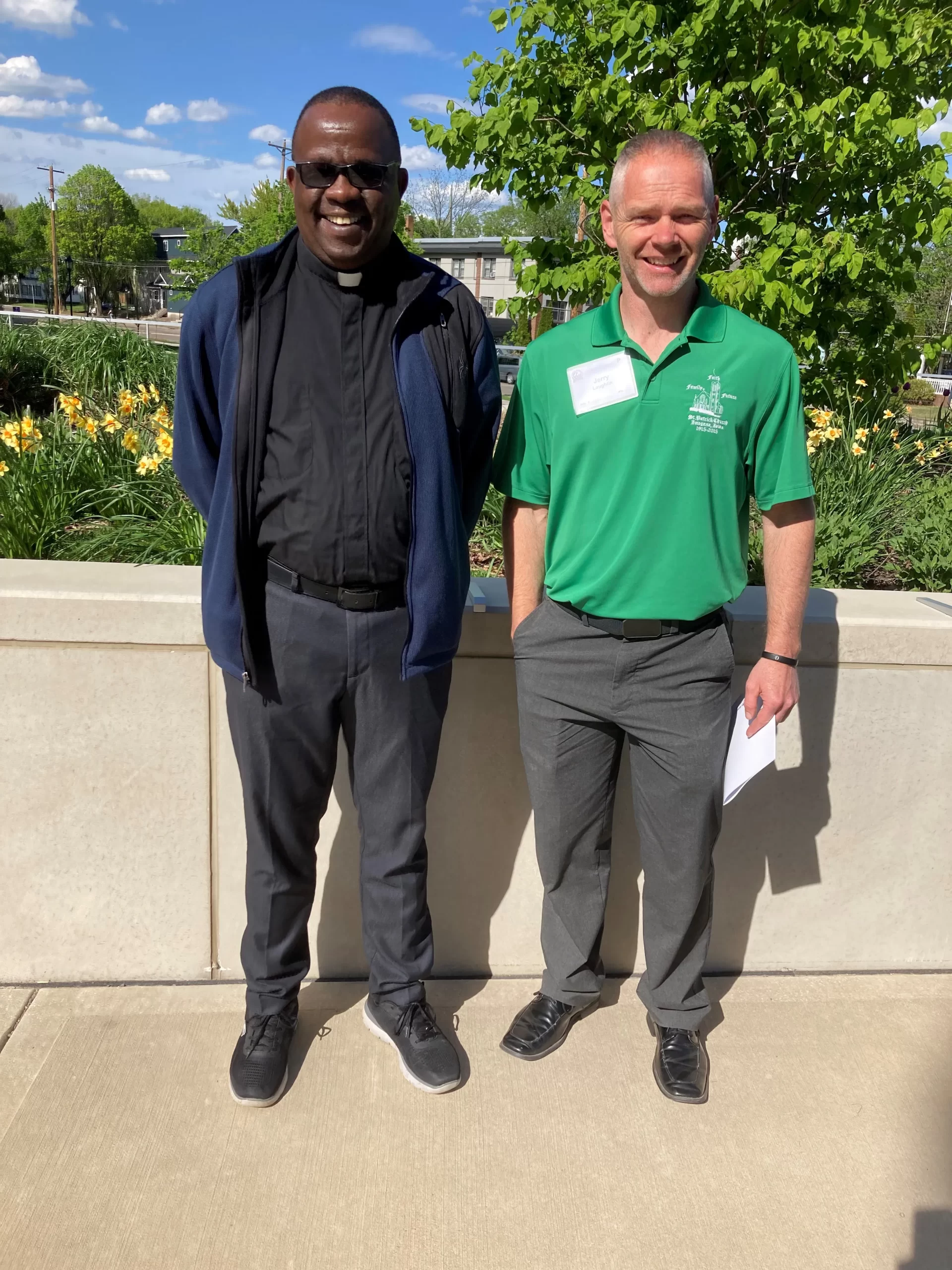
“I just so admire you and the passion that you have for the country that was so loved by Jesus and so much a part of our sacred Scripture, of our Church tradition,” he said. “So don’t give up. We need you more than ever. May the second 100 years be as glorious as the first.”
Also celebrating CRL’s legacy while offering insights about farming history, Catholic social teaching, ecology, technology, and current rural issues at the one-day conference were sociology professor James Nolan of Williams College in Williamstown, Massachusetts; Christopher Thompson, academic dean and professor of moral theology at St. Paul Seminary; and Monsignor James Shea, president of the University of Mary in Bismarck, North Dakota, who grew up on a dairy farm.
Based in St. Paul, Catholic Rural Life offers programs to develop lay Catholic leaders in rural communities and for clergy formation and spiritual renewal in rural areas. It has 29 chapters in 28 dioceses that organize faith and social programs, and it has offered a five-day retreat attended by 395 priests.
Originally named the National Catholic Rural Life Conference, the organization was founded in November 1923 during a gathering of bishops, priests, and laity in St. Louis. Then director of the Rural Life Bureau of the National Catholic Welfare Conference (now the U.S. Conference of Catholic Bishops), O’Hara founded the organization to improve Catholic education and bring more Church resources to rural communities. In 2013, the organization changed its name to Catholic Rural Life.
The virtues and truth that have characterized the rural way of life in the U.S. are now threatened by the overall deterioration of faith, and the Christian vision needs to be rearticulated, Shea said in his talk.
“I’m convicted, and I know that many of you share this conviction, that we live in a time which is a change of the ages,” he said. “We live in a new apostolic age. The urgency of evangelization is very present to us, but, also, we have to change our strategies because we’re living in the first post-Christian age in all of history.”
Concerns of rural life
A blind spot about rural life seems to have crept into the Catholic imagination that CRL can address, Thompson noted in his talk, “Another Way of Seeing,” where he presented a theological perspective on humanity’s relationship with the created world and challenged chapter leaders to emphasize care of creation and understanding of Church teaching. Many major universities no longer offer agriculture programs, and some seminarians Thompson co-teaches in a rural ministry practicum for St. Paul Seminary show little enthusiasm for rural issues.
“You can feel like you’re alone in a Catholic rural setting,” he said. “I want to express empathy to the challenge. CRL is there to provide the revelation, though, to lift up hearts and to renew our relationships there.”
Isolation and mental health issues are real problems in rural communities, and Kansas State University students, led by their campus chaplain, started the first student CRL chapter in 2021 on their agriculture-based Manhattan, Kansas, campus with one goal: to reach out to students from rural backgrounds.
“It’s been a big passion of mine, I guess, to kind of bring awareness to this and advocate for it, because I come from a line of very strong-willed farmers, and I see how hard it is for them to ask for help,” Jenna Reinert, a 21-year-old junior, told CNA.
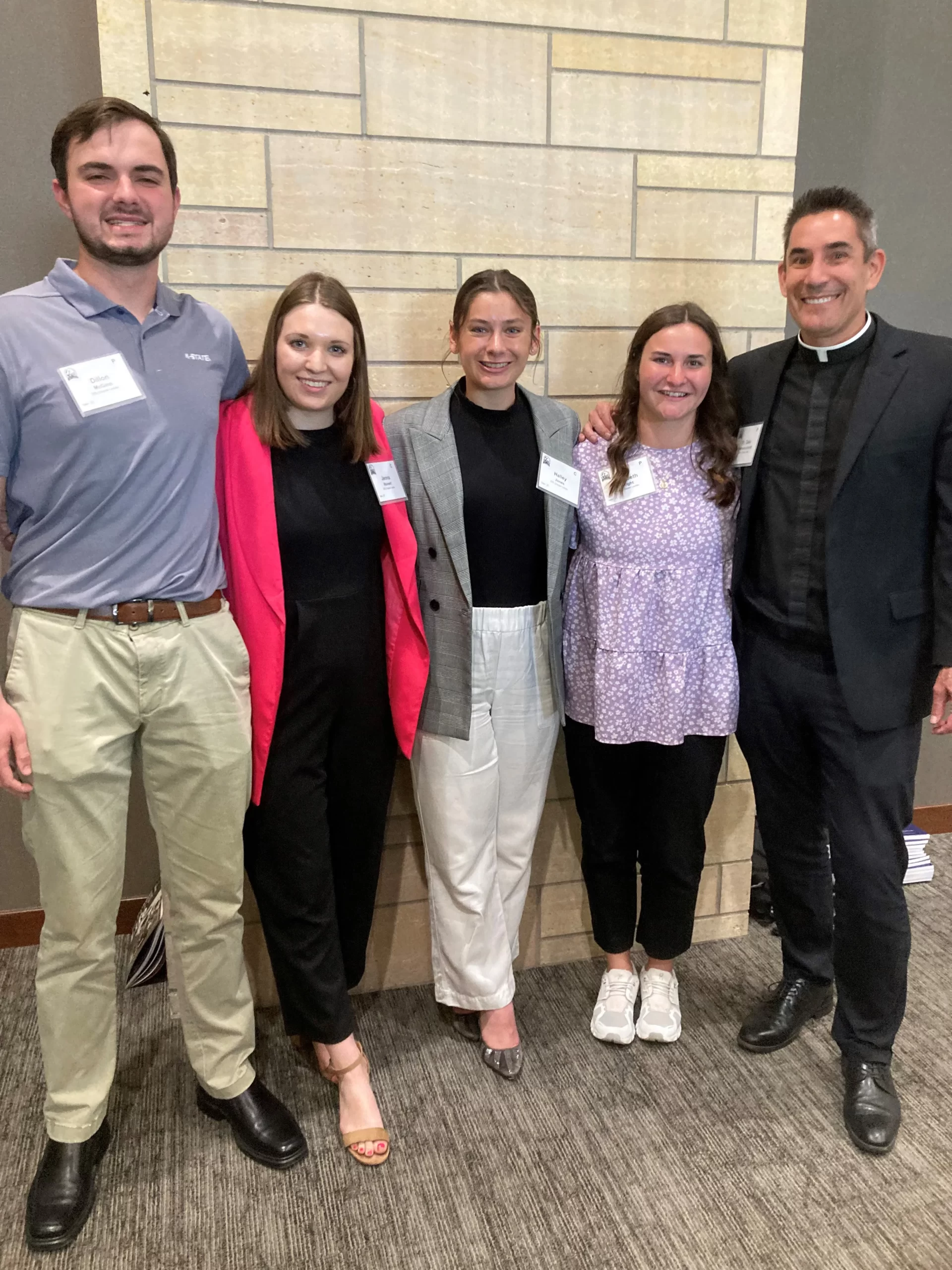
Helping students connect and speak to the beauty of rural life were goals in starting the chapter, said Father Gale Hammerschmidt, pastor and chaplain at St. Isidore Catholic Student Center at Kansas State.
Mental health is an issue throughout rural America, he said, “and so we want to get started early with students on the collegiate level, recognizing that it’s not shameful to need help in regards to mental issues.”
The resources and connections Bishop Brendan Cahill finds with other bishops and farmers in rural dioceses across the country have helped him become informed about mental health and other issues affecting his mostly rural southern Texas Diocese of Victoria, which is 30% Catholic. In his nine years of involvement with CRL, he told CNA he’s seen the work of the organization as “an affirmation of our faith in rural America.”
“We talk about what we’re doing in dioceses, how we’re working with our churches, what we’re doing with our vocations, what we’re doing with our priests, issues, mental health, things like that that we’re dealing with.”
The opportunity to educate farmers in the two parishes he pastors in Iowa is why Kirigia is considering starting CRL chapters there. The two parishes, St. Patrick in Imogene and St. Mary in Red Oak, each have about 150 households and are 24 miles apart. Kirigia, who is originally from Kenya, attended a CRL retreat for priests and said he was struck to learn that century-old predictions for American farming are true now, including the industrialization of farming. He also noted that less farm production now is actually grown for people’s food, unlike in his native Kenya, where he estimated 95% of food is grown for human consumption.
There isn’t enough food in the world, he said, “but here we have an abundance, which is not really for food, right? While the rest of the world is starving because of lack of food.”
Caring for creation
Nolan of Williams College stated that foreign statesmen visiting rural America in the 19th and early-20th century saw a pervasive business approach to farming here, but the growth of the organic, slow-food movement and community-supported agriculture, whereby consumers buy local, seasonal food directly from a farmer, are making inroads.
Citing Pope Francis’ call for a more affectionate posture toward creation in his encyclical Laudato Si’, he said: “Thus, on this 100th anniversary of Catholic Rural Life, we have a wonderful opportunity, in a time when the land and farms and rural communities that have been harmed by practices and ways of thinking [related to industrial and technological mindsets of exploitation and extraction] that have persisted in American society for many years, [to] renew our commitment to thinking and acting differently.”
Iowa farmer Laughlin said he found hope in changing the industrial mindset of agriculture.
“You need a sense of purpose and creation and spirituality, I think, to actually comprehend maybe a better way,” he said. “At least all the information, most of the information I know of, coming to farmers is based off of a capitalist mindset so it’s hard to break away from that and come out with a kind of a spiritual sense, in my opinion.”
In working the land and being close to creation, farmers develop trust, patience, resilience, and faith in forces of the invisible to believe in mystery and miracles, Dolan said in his homily during the conference Mass.
“The people of the soil are dreamers,” he said. “They carry the mystery. They never give up. They have the values of trust and prominence and resilience in the heartache and the sense of the invisible. They are the ones who know that there’s mysteries and poetry going on in the cosmos, and they are the ones most in awe.”


